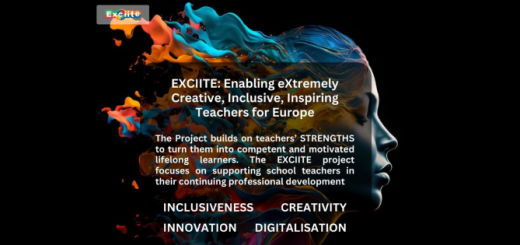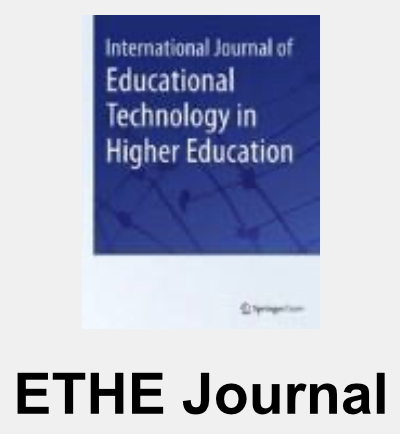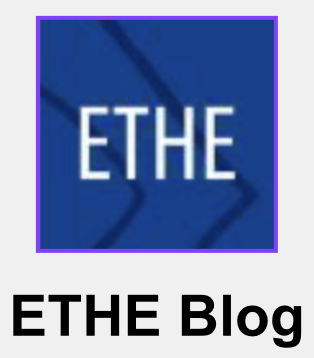Edul@b identifies fifteen proposals to improve teacher training
The Edul@b research group has developed fifteen proposals to improve teacher training, which will be transferred to the Departament d’Ensenyament.
The proposals are the product of one of the results of the R&D research project Eco4Learn, led by Albert Sangrà in which It have been studied the learning ecologies of “exemplary” primary teachers and the learning ecologies of a broad sample of teachers of Catalonia in order to contrast the behaviour, learning ecologies and use of ICT among them.
Concretely, when we are referring to learning ecologies we are referring to the set of context configurations composed of activities, materials, resources and relationships that are generated in physical or virtual spaces and that provide learning opportunities and allow us to study the mechanisms of development and professional updating of different types of professionals.
The recommendations
The project identifies, in fifteen aspects, what are the best practices to optimise these learning ecologies, including both face, mixed and virtual environments, and consider all options of formal and non-formal education:
Recommendations for teachers:
- Become aware of the potential of non-formal and informal training for professional development.
- Be digitally competent.
- Increase participation in professional social networks: be present and be active.
- Use mobile devices to access and exchange information.
- Reconcile personal life being updated with the use of ICT.
- Organise information overload.
- Manage well what we learn informally.
- Take advantage of the tools of microblogs platforms (microblogging).
Recommendations for centres:
- Generate centre accounts.
- Promote the culture of the generation of digital content among teachers.
- Pooling ideas and generate opinions in the network.
- Expand the range of trainers outside the centre.
Recommendations for the administration:
- Encourage and support the creation of open digital content.
- Establish quality assurance of resources and learning activities.
- Advance measures of recognition of non-formal learning.
You can find the extended recommendations in this article on UOC News.






